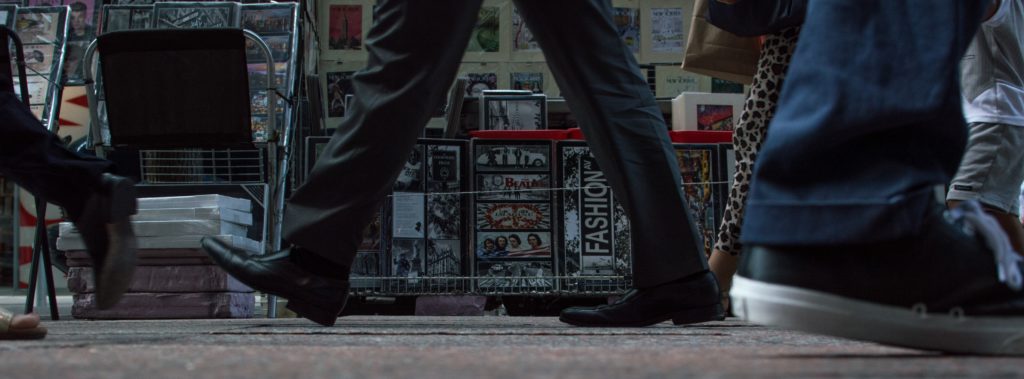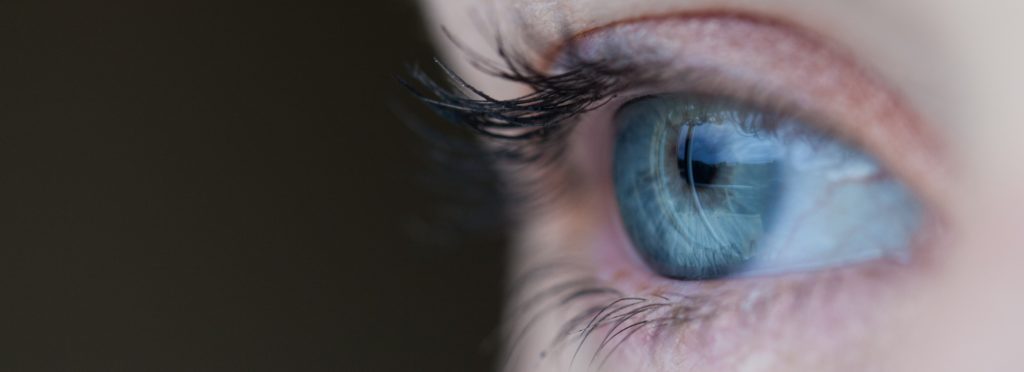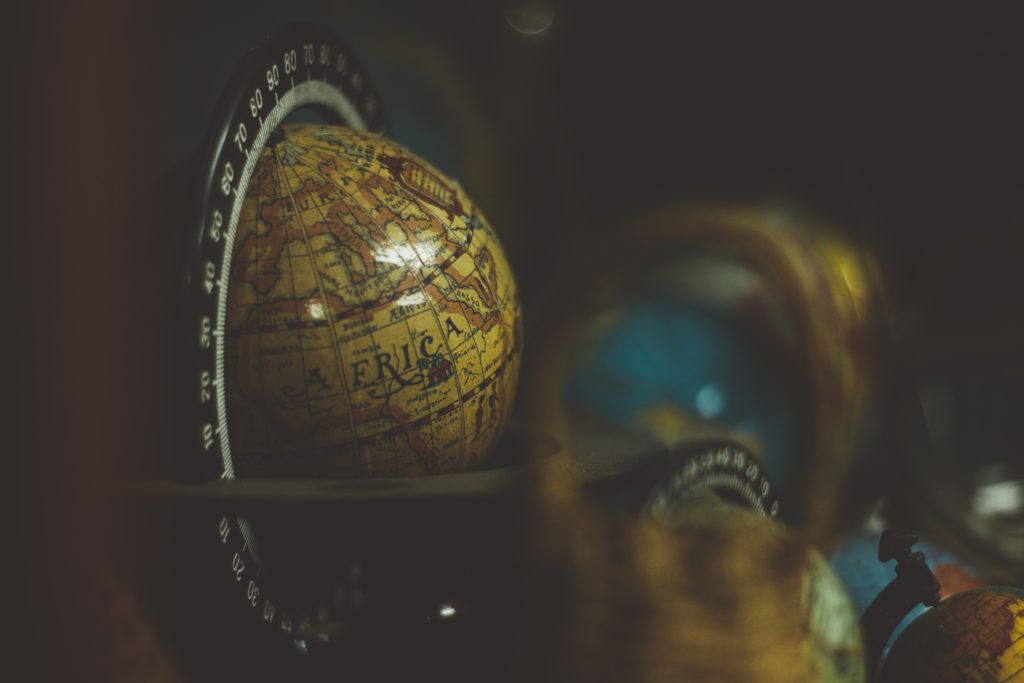There’s something so fancy about pearls. For some reason, I’ve always wanted to wear them, even though I’m a jewelry minimalist most of the time. Putting on pearls feels like a celebration.
If you need a reason to celebrate today, here’s one:
Today is a Global Giving Day for Mercy House Global, an organization that is partnering with four others to highlight the work of these ministries on behalf of oppressed women around the world.
To find out more about the organizations, and to give, visit sheispriceless.org.
Why pearls?
Here’s what Mercy House Global has to say:
A pearl is a healed wound. An oyster protects itself from irritation and suffering and the result is a priceless pearl. The women we support have endured unthinkable suffering in their lives and often feel forgotten. We are joining together to remind the world that every woman matters. She is priceless.
 I’ll be wearing my pearls today, thanks to this kind gift from Mercy House Global in support of the campaign.
I’ll be wearing my pearls today, thanks to this kind gift from Mercy House Global in support of the campaign.
Will you join us today? #Putonyourpearls to show your support of women around the world, and head over to She Is Priceless to give your monetary support to the organizations helping to empower women through work and worth.












